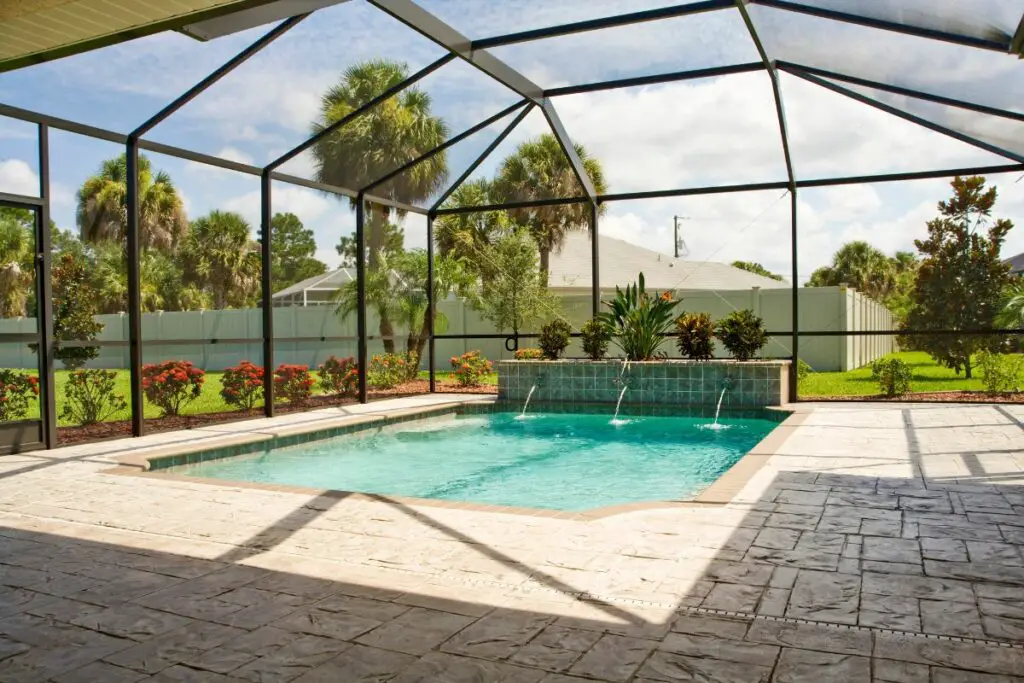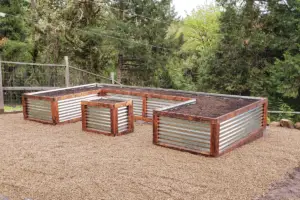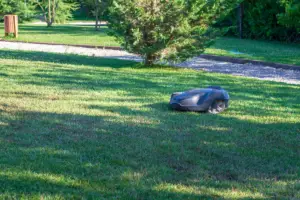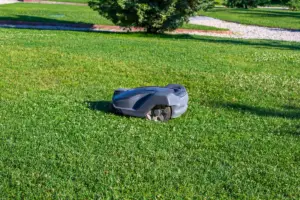Adding a pool enclosure to your Florida home can be a great way to extend the swimming season and add value to your property.
However, before you start planning your new enclosure, it’s important to understand the costs involved.

Table of Contents
Florida Pool Enclosure Costs
A pool enclosure is a great way to extend the swimming season and protect your pool from the debris and the elements. But, like any home improvement project, the cost of a pool enclosure can vary depending on a number of factors.
The average cost of a pool enclosure in Florida ranges from $5,000 to $25,000, with most homeowners spending around $12,000 to $16,000. The cost will depend on the size of your pool, the type of enclosure you choose, and any additional features or customizations you want to include.
One of the biggest factors that will affect the cost of your pool enclosure is the size of your pool. Larger pools will require more materials and labor, which will drive up the cost. The type of enclosure you choose will also have an impact on the final price. Screen enclosures are typically less expensive than acrylic or aluminum enclosures, but they may not offer as much protection from the elements.
Additional features and customizations can also increase the cost of your pool enclosure. For example, adding a built-in bar or grill, or installing a ceiling fan, can add to the final price. If you’re looking to add extra features, it’s important to consider your budget and what you’re willing to spend.
It’s also important to note that in Florida, many cities require permits for pool enclosures. The cost of the permit will vary depending on the size of the enclosure and the city where you live. Be sure to check with your local building department to find out what the permit requirements are in your area.
What Materials Should You Use To Build A Pool Enclosure?
When building a pool enclosure, there are several materials that are commonly used. The most popular materials include:
- Aluminum: This material is lightweight and durable, making it a great choice for pool enclosures. It is also rust-resistant, which is important in a wet environment. Aluminum frames are also low maintenance and can be powder coated to match the color of your home.
- Acrylic: This material is a popular choice for pool enclosures because it is clear and allows for maximum sunlight to enter the enclosure. Acrylic is also lightweight and durable, and can be UV resistant.
- Glass: Glass enclosures are elegant and provide a modern look. They are also durable, but they are more expensive than acrylic or aluminum enclosures.
- Screen: Screen enclosures are the most affordable option, they are made of screen mesh and aluminum frames. They also offer protection from insects and debris, but they do not offer as much protection from the elements as other materials.
- Combination of materials: Many pool enclosures are built with a combination of materials, such as an aluminum frame with acrylic or glass panels. This allows for a balance of durability, sunlight, and cost.
It’s important to consider the local climate, how often you will use the enclosure, how much privacy you want, and your budget when selecting the material for your pool enclosure.
It’s also recommended to consult with a professional contractor to help you choose the right materials for your specific project.
What Are The Florida Building Code For Pool Enclosures?
The Florida Building Code (FBC) sets specific requirements for pool enclosures to ensure safety and compliance with local regulations. Some of the key requirements include:
- Barrier requirements: The FBC requires that all swimming pools, including in-ground, above-ground, and on-ground pools, must be completely enclosed with a barrier. The barrier must be at least 4 feet high and must be designed to prevent children from gaining access to the pool.
- Gate requirements: The FBC requires that all pool enclosures have a self-closing and self-latching gate that is at least 4 feet high. The gate must be kept locked and the latch must be located at least 54 inches above the ground.
- Drainage requirements: The FBC requires that all pool enclosures must have proper drainage to prevent water from accumulating around the pool. The enclosure must also be sloped away from the pool to prevent water from entering the pool area.
- Lighting requirements: The FBC requires that all pool enclosures must have adequate lighting to ensure safety at night. The lighting must be of sufficient intensity and located in such a way as to provide visibility around the pool area.
- Emergency requirements: The FBC requires that all pool enclosures must have emergency equipment, such as a phone or a life-saving ring, readily accessible in case of an emergency.
It’s important to note that these are just some of the main requirements and there may be other specific requirements that vary depending on the location of the pool, the size, and the type of the pool enclosure.
It’s recommended to consult with a professional contractor or a local building department to ensure that your pool enclosure complies with all the applicable building codes and regulations in your area.
Conclusion
In conclusion, a pool enclosure is a great way to extend the swimming season and protect your pool from the debris and the elements.
The cost of a pool enclosure in Florida ranges from $5,000 to $25,000, with most homeowners spending around $12,000 to $16,000. The cost will depend on the size of your pool, the type of enclosure you choose, and any additional features or customizations you want to include.
The Florida Building Code (FBC) sets specific requirements for pool enclosures to ensure safety and compliance with local regulations. It’s important to consider the local climate, how often you will use the enclosure, how much privacy you want, and your budget when selecting the material for your pool enclosure.
It’s also recommended to consult with a professional contractor or a local building department to ensure that your pool enclosure complies with all the applicable building codes and regulations in your area.
- How to Build a Planter Box for Bamboo: A Step-by-Step Guide

- Can Robotic Lawnmowers Handle Steep Slopes?

- Do You Need a Specific Lawn for a Robotic Lawnmower? Expert Advice

- Are Robotic Lawnmowers Safe for Pets and Children? Safety Features of Robotic Lawnmowers

- Why Use Robotic Lawnmowers? Advantages of Using a Robotic Lawnmower

- Is the GARDENA SILENO City 300 Cordless or Corded? A Clear Answer














